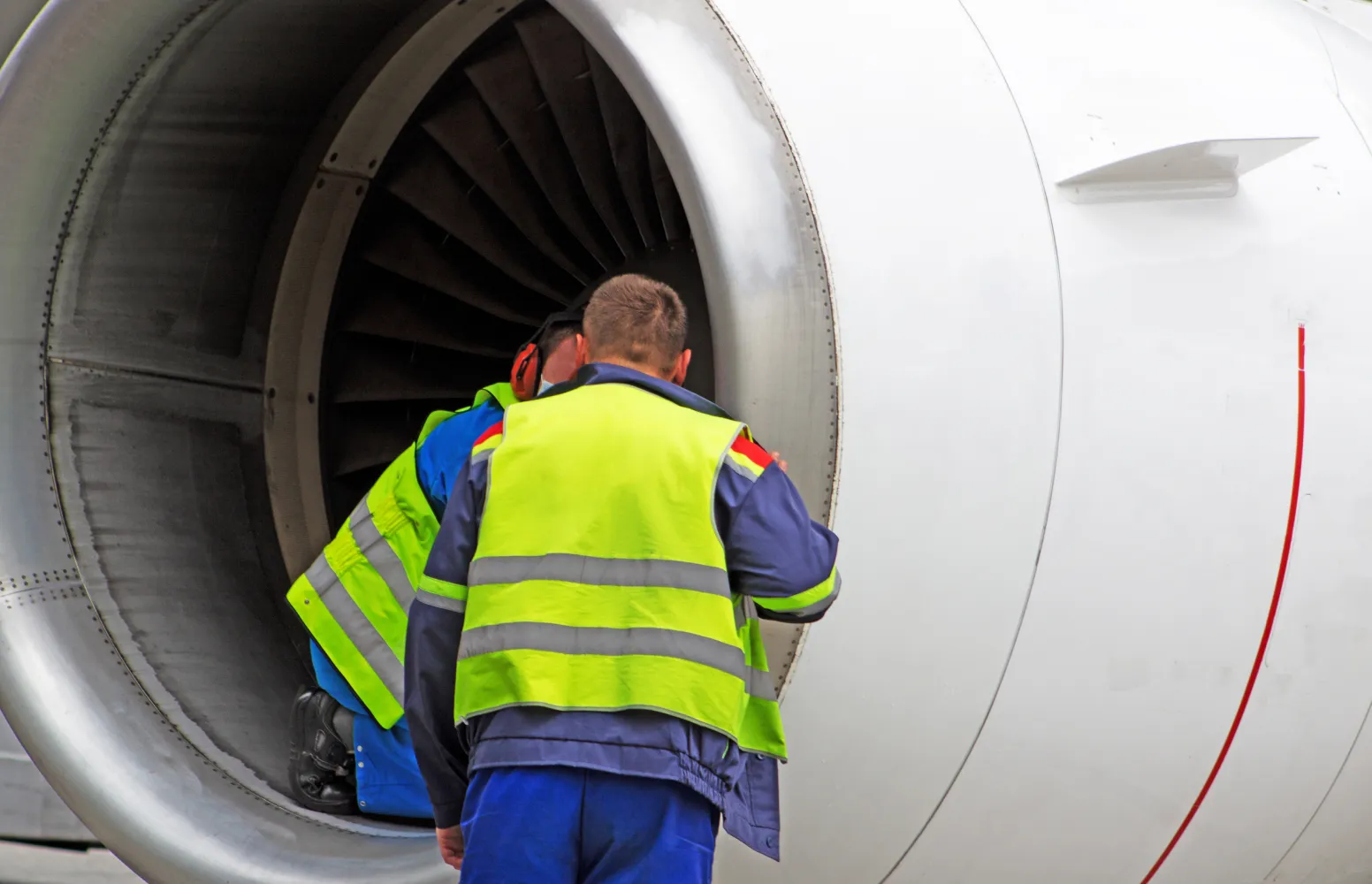How to overcome stress post-covid in recruitment
Friday, July 28, 2023

Not surprisingly, Covid has had a huge impact on the job market, shifting the job processes from physical to the digital realm. As the world continues to develop amidst the unprecedented challenges like operation and production of organisations, the post pandemic era has also presented new opportunities in the recruitment process to ensure proper management of human resources. Though the covid crisis is behind us today, it has left recruiting professionals across the world to determine what comes next and how to move forward.
Post-Covid work dynamics
The workplace in 2022 is digital, flexible, and dynamic – exhibiting an assertive attitude of the workforce in its approach relating to work and life. Talent acquisition personnel continue to face hiring and recruiting challenges in post covid times due to unprecedented labour market, increased stress, and record turnover. In the past, organisations dictated which type of technology would be used by the employees. Today, employers are adapting to different types and brands of devices as selected by the workers to fit their work situation.
Meanwhile, talent acquisition has also had a paradigm shift in recent years. New technology embraced by the companies and new expectations of the employees have fuelled the way candidates are now looking at work besides deciding where and how they’ll do the jobs.
Change in workforce
In the past, workers were either classified as full time or part time. Today, recruiters have to rethink their recruitment strategies as they have to manage different types of workforce. The pandemic has led to a jumpstart shift in tech, making hiring a more efficient process. Most recruiters have adapted the remote work process for which they have increased the social media postings for recruitment. So, if you’re looking for a suitable candidate, you must create a job post on LinkedIn or other such social media platforms.
Contingent workers are widely available in the job market ensures that the companies develop a dynamic range of talent strategies to manage the workforce. Companies can also engage specialised talent and keep them as long as their skills are required. Therefore, physical proximity to work has become a secondary factor as talent all over the world is within everyone’s reach today.
Staying flexible is essential
Post-covid, many companies stress over trying to rekindle the office atmosphere they had before the pandemic hit everyone. However, the fact is that people have changed – from their wants to perceptions, their expectations and needs. Returning to previous ways of work will negatively affect the companies so the best way is to evolve and remain flexible. Flexibility is not some soft benefit that employers can use to lure the millennial workforce. In fact, today, it’s a need for all ages of workers.
Becoming digital for growth
During the pandemic when the unemployment rose, many talent acquisition professionals began working towards adopting new technology. However, today, hiring has become a tricky job. In person interviews have become outdated and there is a virtual collaboration between hiring managers and talent acquisition teams. Employers are also embracing varying communication approaches to engage with the remote employees. They have to take employees on board through digital platforms to address the workflows.
Though virtual recruiting is a stressful job as it requires hiring professionals to remain extra focused and attentive to build a team of qualified individuals, it has become a standard. Virtual recruiting is a routine today and it has also improved the administrative tasks of the HR management, including assessments, interview setups, etc.
Evolution of skillset
Companies are now focusing on diversity as many new job seekers prioritise their personal values when deciding where to work. Therefore, recruiters have to reconsider the company reputation and culture before issuing a job post. Additionally, there is a skills shortage after the pandemic so recruiters find it challenging and stressful to attract and hire the right individual for a particular role. Training has also gained importance among the employers as they need a workforce with specialised skills to accomplish company goals. In response, workers are also working hard to learn new skills and attain experience in the necessary field.
One of the major reasons why millennials leave their job is lack of development, so any opportunities in career progression can make an employer attractive to work with. Companies have to support the development of employees both externally and internally. Varying skills will enable the recruiters to identify different people for numerous emerging roles as well as leadership opportunities.
Frequently asked questions
What changes do you foresee in the recruitment process post Covid?
Post covid, everything in an organisation became digital, except for the production. Enterprises are now focusing on employee productivity. To sustain in the market, companies have to adopt technology as a norm for recruiting and hiring personnel. Start-ups are also investing on social media as their future recruitment strategy.
How do employers manage the recruitment process during a pandemic?
Hiring was suspended during the covid times due to budget tightening and layoffs. However, to fill up critical positions, hiring was done virtually through video or Skype interviews. Recruitment process got tough as there were no physical interviews or meet ups.
What are the biggest challenges to recruiting employees for a company?
One of the biggest challenges faced by a company is selecting the right candidate for a particular job role. Besides, they also have to attract qualified candidates who are the best match for a position. Quick hiring is the aim of every recruiter so that no operation of the company gets delayed. However, the process is aggravating as it takes a lot of time to select potential applicants and hire one for the role.
About Aviation Job Search
Specialising in aviation recruitment, we give airlines and companies the tools to connect with aviation professionals so they can grow. Find out how we can help you today.







